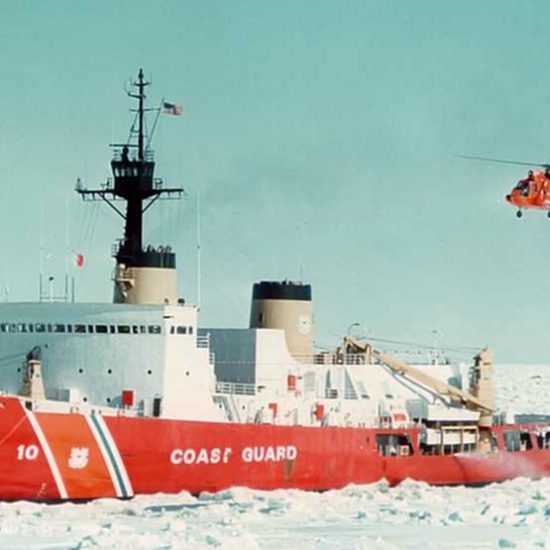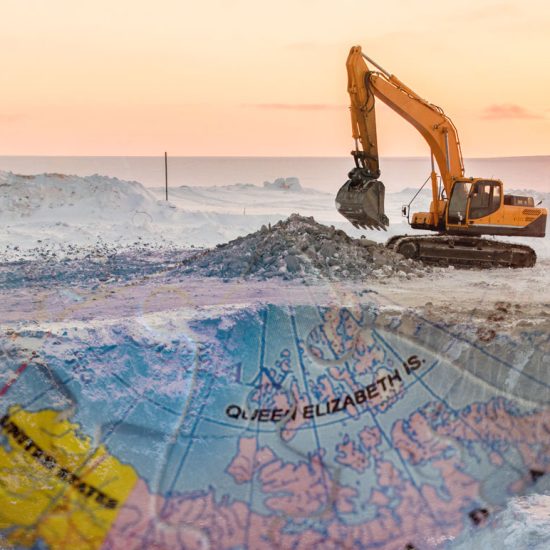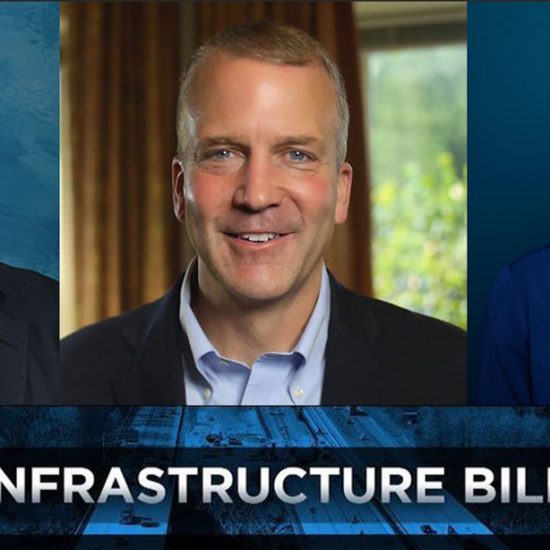The Alaska Senate passed a bill Tuesday that would temporarily restrict participation by a state-sponsored corporation in an alternate gas pipeline project proposed by Gov. Bill Walker. The vote followed a failed attempt by legislative leaders and Walker to reach an agreement.
It passed the House last week. Walker has said he would veto the bill.
Supporters of the bill say it reaffirms state support for Alaska LNG, the major liquefied natural gas project the state is pursuing with BP, ConocoPhillips, Exxon Mobil Corp., TransCanada Corp. and the state-sponsored Alaska Gasline Development Corp., or AGDC. They say they’re worried that Walker’s proposal will cast a shadow of uncertainty over the project.
Critics of the bill say it will hamper the state’s negotiating position on Alaska LNG and put the state at a disadvantage if Alaska LNG stalls.
HB 132 would restrict AGDC from planning or taking steps to develop an alternate export or liquefied natural gas project until the earliest of these: the state or one of the oil and gas companies pulls out of Alaska LNG; Alaska LNG enters its next phase; or July 1, 2017.
The bill stemmed from an opinion piece in which Walker expressed support for Alaska LNG but also called for increasing the size of a smaller, stand-alone pipeline, initially aimed at delivering gas to Alaskans, and turning it into a project that would be capable of exports.
House Speaker Mike Chenault, R-Nikiski, and Rep. Mike Hawker, R-Anchorage, sponsors of the bill, released their own op-ed, saying the letter offered few details and that Walker’s approach “clearly creates a competing alternative that threatens the state’s investment in and the success of Alaska LNG.”
Natalie Lowman, a ConocoPhillips Alaska spokeswoman, said the company understands the state’s desire to have a fallback and does not believe that causes a problem for Alaska LNG, which her company supports. But she said the fallback option should be just that and not a competing project.
Kim Jordan, an Exxon Mobil spokeswoman, said the collective efforts should focus on advancing Alaska LNG. Expansion of the stand-alone pipeline project “will create confusion and uncertainty with federal regulators, potential buyers and the public about the state’s intention to fully support and participate in the Alaska LNG project,” she wrote.
Via Peninsula Clarion
image credit AlaskaPublic.org











